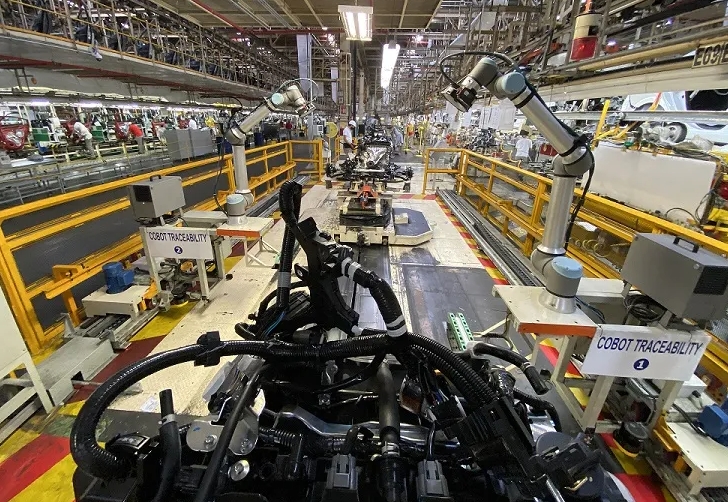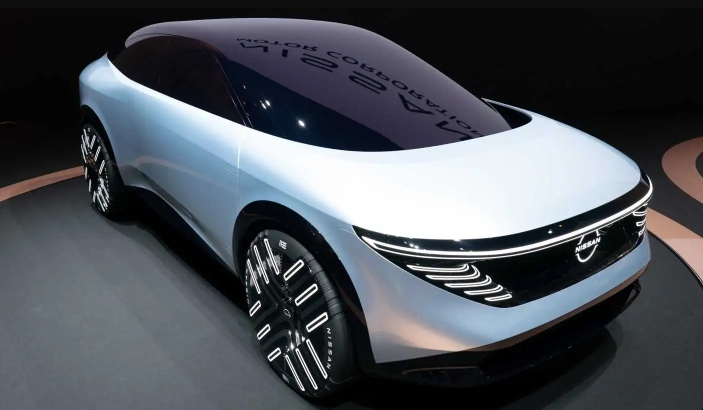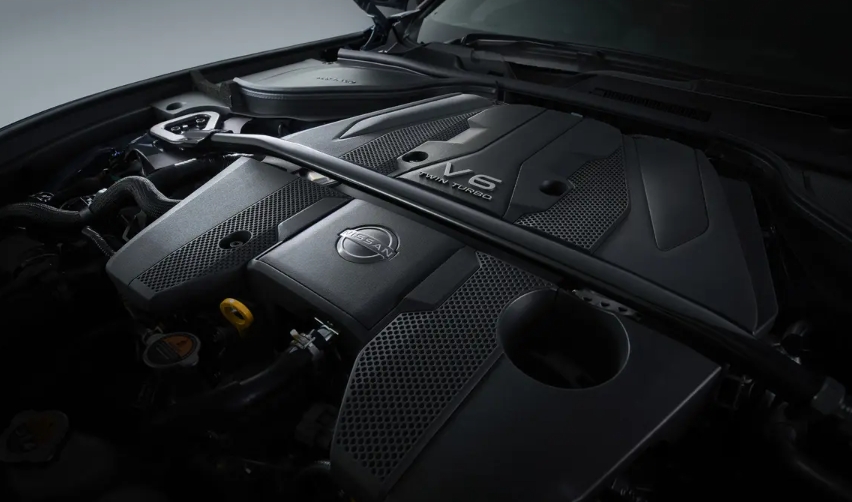Nissan joins the race of car manufacturers established in Mexico to automate various production processes
Industry 4.0 is the new axis that guides the car production of the Japanese assembly company Nissan in Mexico. “Nissan has implemented different processes in its plants, based on the principles of Industry 4.0,” the firm said in a statement.
The Japanese company created Nissan Digital Acceleration, a project focused on the incorporation of advanced technologies and the development of strategies with which it seeks to modernize its processes, promote innovation and make its work more efficient, in its different facilities.
“Industry 4.0 is increasingly important in business. Through it and the incorporation of Nissan Digital Acceleration in our processes, we seek to take the brand to a higher level to modernize our plants, continue promoting innovation, in addition to reducing errors and production time by automating several of our practices”, commented Joan Busquets, Vice President of Manufacturing of Nissan Mexicana.
Hand in hand with 4.0 technology, Nissan has managed to transform and renew its products.
“Through Industry 4.0, which encompasses the main technological innovations in automation and information technology such as artificial intelligence, virtual reality, Big Data, the Internet of Things, among other digital resources, we will continue to enrich people’s lives and positioning us as a benchmark in the automotive industry”, added Busquets.
Through 4.0 technology, Nissan has renewed the production processes that give life to iconic models, produced in Mexico, such as the Nissan Versa, Nissan Kicks and Nissan March, manufactured at the Aguascalientes 1 plant; and Nissan Sentra, produced in Aguascalientes 2. All of them, made with the highest quality standards throughout their entire production line.
Industry 4.0 comes to Nissan production
Nissan Digital Acceleration contemplates six pillars that, in an integrated manner, make it possible to improve the different processes within the plants:
- Innovation: Through the implementation of technologies that allow assessing the functionality and impact of daily activities.
- Big Data: Includes information technologies that help to control manufacturing in plants.
- Engineering: Covers the manufacturing process, from the implementation of new parts, as well as tools and machinery in the production process.
- Maintenance: Involves the maintenance of equipment, machinery and tools, which can be monitored remotely.
- Quality: It is in charge of maintaining and confirming the standard in processes, materials and the units produced to guarantee the best levels of customer satisfaction.
- Delivery of materials: Responsible for the administration of the material necessary for the production of units, the supply of these to the production line and its requirement to maintain optimal inventory levels, through improvement in the supply chain.
The Japanese automaker Nissan has become an international manufacturing benchmark thanks to the commitment of its team and the different technologies used in its vehicles and plants.
The use of 3D scanners, the possibility of digitizing a real model into a virtual one, the simulation of processes to improve efficiency and optimize times and movements, in addition to the use of Artificial Intelligence, and extensive databases that are continually being fed by the different methods of the brand, add to more than 161 projects implemented by the company to continue improving its manufacturing and offer innovative vehicles with cutting-edge technologies to its customers throughout the region.





